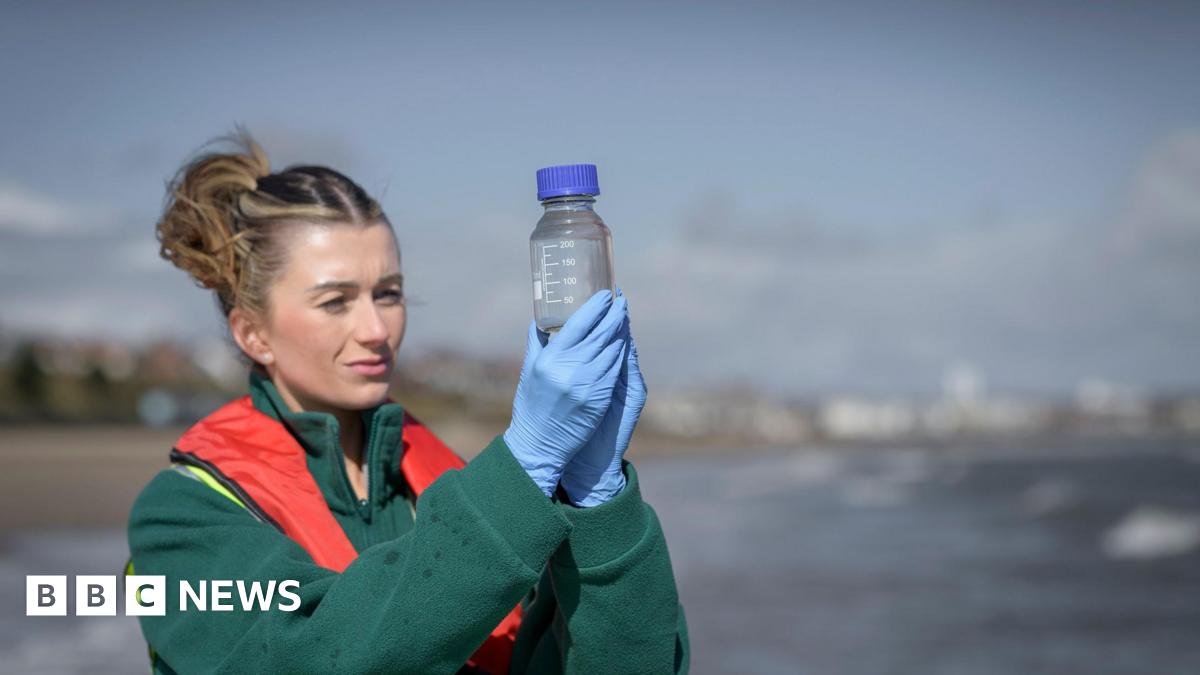The Drinking Water Inspectorate has said that water quality remains safe because, once a sanction is issued, water companies are required to increase testing, change or strengthen treatment for PFAS, or remove a source of drinking water altogether.
This process can take several years and requires months of monitoring before a sanction is removed.
The inspectorate told the BBC that it “operates one of the world’s most comprehensive PFAS monitoring programmes”, ensuring the public can have “complete confidence in the safety of their drinking water”.
However, environmental charities and the Royal Society of Chemistry have raised concerns that UK guidelines are not legally binding and that the limits, which are 2.5 times higher than those of the US, should be reduced.
“I think we have a pretty good idea of both what PFAS are in the waters in the UK, and knowing that these health effects happen at very low levels, so we think it’s time that they put these guidance into law, to make sure water companies are fully held to account,” said Stephanie Metzger, policy adviser at the Royal Society of Chemistry.
In July, an independent review, external into the England and Wales’ water system commissioned by the government found that “there is a need for stricter treatment requirements to protect public health and the environment”.
The BBC understands that the government is currently preparing a white paper in response to the review which will include changes to the Drinking Water Inspectorate.
But removing PFAS is very challenging for water companies with conventional water treatment infrastructure, the Environment Agency has said, external.
Prof Peter Jarvis, professor of water science and technology at Cranfield University, said there were technologies such as nanofiltration occasionally deployed by the water industry which could be used more widely, but that these came with high costs and huge energy demands.
“We have got to have a bit of a more mature conversation about how we go about implementing these types of technology, and how we pay for them,” he said.
“Regardless of where you are in the country, when you turn on your tap, you are enjoying the very best drinking water in the world,” a Water UK spokesperson said.
But in light of the rising treatment costs, Water UK has called for stricter regulation on those who produce the forever chemicals in the first place.
“We want to see PFAS banned and the development of a national plan to remove it from the environment which should be paid for by manufacturers,” its spokesperson said.

